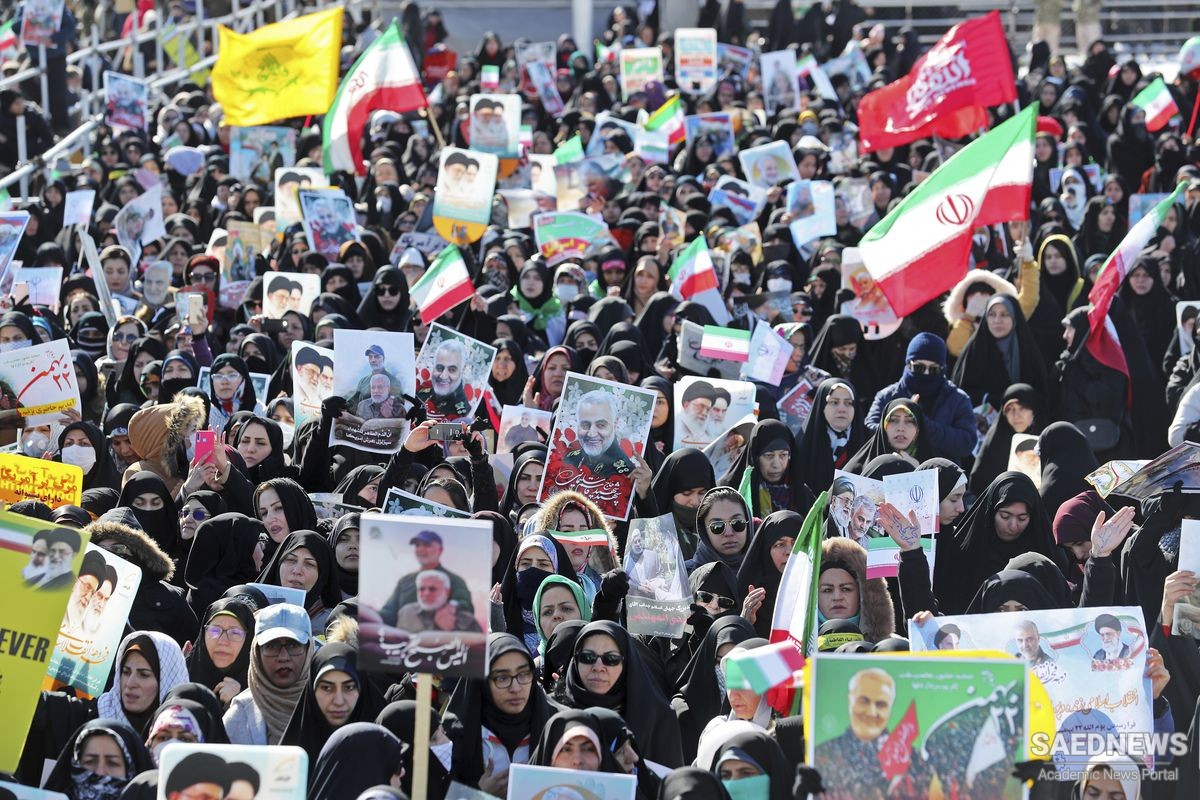If we suppose that the phrase “and teach them to the people” does not belong to the end of the hadīth, then we must see what the Prophet (s) might have meant in his saying: “O God! Have mercy on those that succeed me: those that come after me and transmit my traditions and practice.” The tradition, even in this form, still would not apply to those who merely relate traditions without being fuqahā. For the divine practices and norms constituting the totality of the ordinances of Islam are known as the practice of the Prophet (s) by virtue of the fact that they were revealed to him. So anyone who wishes to disseminate the practices of the Most Noble Messenger (s) must know all the ordinances of God; he must be able to distinguish the authentic from the false, those of absolute from those of limited application, and the general from the specific.
Further, he must be able to discern rational categories, distinguish between traditions originating in circumstances of taqiyyah37 and those originating otherwise, and be fully conversant with all the necessary criteria that have been specified. Traditionists who have not attained the level of ijtihād38 and who merely transmit hadith know nothing about all this; hence, they are incapable of discerning the true practice of the Messenger of God (s). Mere transmission could have no value in the eyes of the Messenger, and it was certainly not his desire that phrases like: “The Messenger of God said,” or “It is related on the authority of the Messenger of God” should gain currency among the people, if the sentences prefaced by these phrases were counterfeited and not his. What he desired instead was that his true practice should be disseminated among the people and the real ordinances of Islam spread among them.
The tradition: “Whoever preserves for my people forty traditions will be resurrected by God as a faqīh” and similar traditions praising the dissemination of hadith do not pertain to traditionists who have no concept of the nature of tradition. They pertain to those who are able to distinguish the true narration of the Most Noble Messenger (s) in accordance with the true ordinances of Islam. Such persons are none other than the mujtahids and the fuqahā; they are the ones able to assess all different aspects and implications of a ruling, and to deduce the true ordinances of Islam on the basis of the criteria they have inherited from the Imāms (‘a). They are the successors of the Most Noble Messenger (s), disseminating the divine ordinances and instructing men in the sciences of Islam. It is for them that the Prophet (s) prayed when he said, “O God! Have mercy on my successors.”
There is no doubt, therefore, that the tradition: “O God! Have mercy on my successors” does not relate to the transmitters of tradition who are mere scribes; a scribe cannot be a successor to the Prophet (s). The successors are the fuqahā of Islam. Dissemination of the ordinances of Islam, as well as the teaching and instruction of the people, is the duty of fuqahā who are just. For if they are not just, they will be like those who forged traditions harmful to Islam, like Samūrah ibn Jundab, who forged traditions hostile to the Commander of the Faithful (‘a). And if they are not fuqahā, they cannot comprehend the nature of fiqh and the ordinances of Islam, and they may disseminate thousands of traditions in praise of kings that have been forged by the agents of the oppressors and pseudo-scholars attached to royal courts.
It is easy to see what results they obtained on the basis of the two weak traditions that they set up against the Qur’an, with its insistent commands to rise up against kings and its injunctions to Moses to rebel against the Pharaoh. Quite apart from the Glorious Qur’an, there are numerous traditions exhorting men to struggle against tyrants and those who pervert religion. Lazy people among us have laid these aside and, relying on these two weak hadīths that may well have been forged by court preachers, tell us we must make peace with kings and give our allegiance to the court. If they were truly acquainted with tradition and knowledgeable about religion, they would act instead in accordance with the numerous traditions that denounce the oppressors. If it happens that they are acquainted with tradition, then we must conclude that, they do not have the quality of justice. For, not being just and failing to eschew sin, they overlook the Qur’an and all the narration that condemn the oppressor, and concentrate instead on those two weak hadith. It is the appetites of their stomachs that cause them to cling to them, not knowledge. Appetite and ambition make men subservient to royal courts; true tradition does not.


 Knowledge and Justice Two Pillars of Islamic Establishment
Knowledge and Justice Two Pillars of Islamic Establishment














































